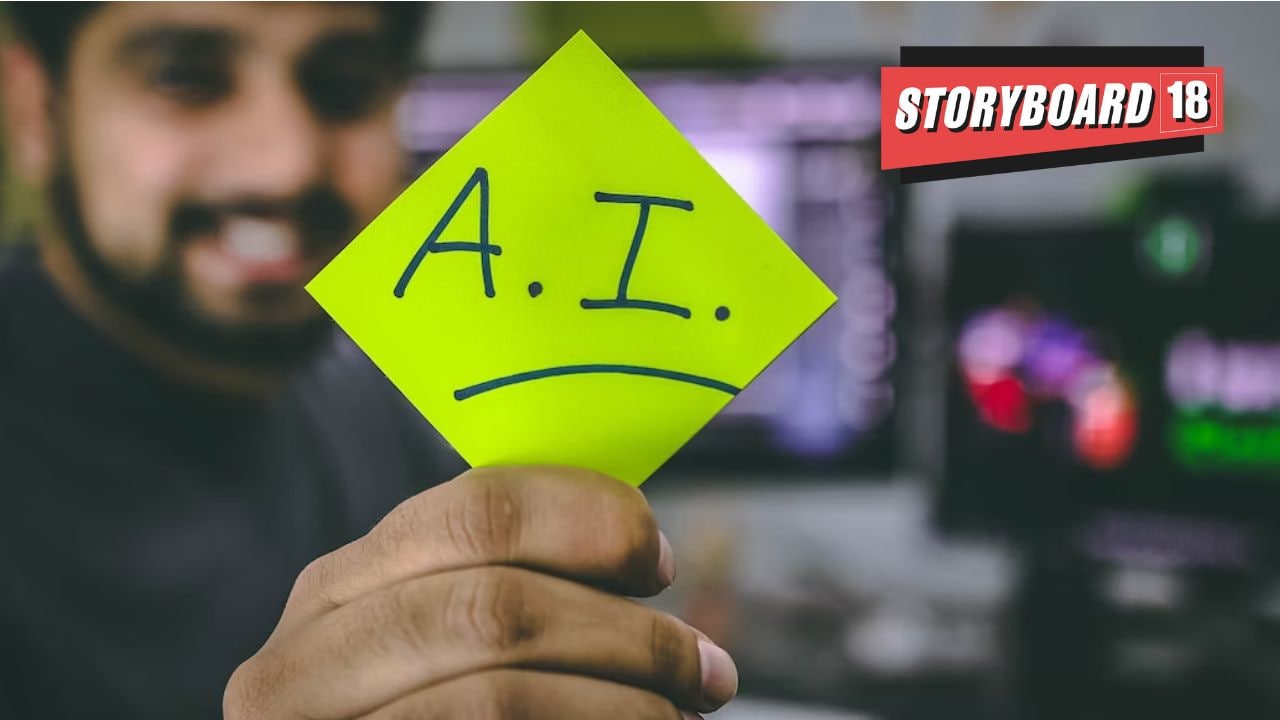Indian news outlets along with global organisations are seeking ways to handle OpenAI’s web crawler to protect content. Recently, India’s leading media conglomerates including Times Group, HT Group, DB Corp and The Hindu blocked ChatGPT web crawler’s access to their websites, more news publishers have joined the list to resist OpenAI’s attempt to use their unlicensed content, as per a report.
The report in E4M says the fresh list includes ABP group, Dainik Jagran, Amar Ujala, The Indian Express group, Eenadu and India TV. It states over 70 per cent of Digital News Publishers Association (DNPA) members have already restricted access to Microsoft-backed OpenAI.
Major news organisations across the world had written an open letter directed at regulators and AI-focused tech companies. They called on lawmakers around the world to frame rules to protect copyright in the use of news content for training generative AI models.
They also want regulators to facilitate compensation for publishers for the AI-centric use of their published news content by tech giants. The open letter was signed by Getty Images, Agence France-Presse, Associated Press, European Publishers’ Council, Gannett, Authors Guild, European Pressphoto Agency, National Press Photographers Association, News Media Alliance, and National Writers Union.
Generative AI is a type of artificial intelligence that builds AI-driven products for creating texts, images, and other forms of media. At the heart of the copyright controversy are LLMs (large language models), a type of AI trained on published news content available on the internet.
Using the LLMs, generative AI can churn out content for clients. It is anticipated that LLMs may go on to transform the media industry in India and abroad by churning out multiple forms of news content.
India’s media industry is keeping a close eye as news organisations globally are questioning the rising trend of tech companies feeding published news content into their artificial intelligence (AI) models without seeking the publishers’ permission.
A DNPA spokesperson had said, “Global developments surrounding AI and LLMs, show that there is a need for India’s media companies to factor it in, as they look for ways to democratise the news-sharing and revenue-sharing relationship with Big Tech companies. We expect upcoming Digital India Act and Competition Bill to address these copy right issues for the digital news media in the light of AI tools being used by Big Tech.”
